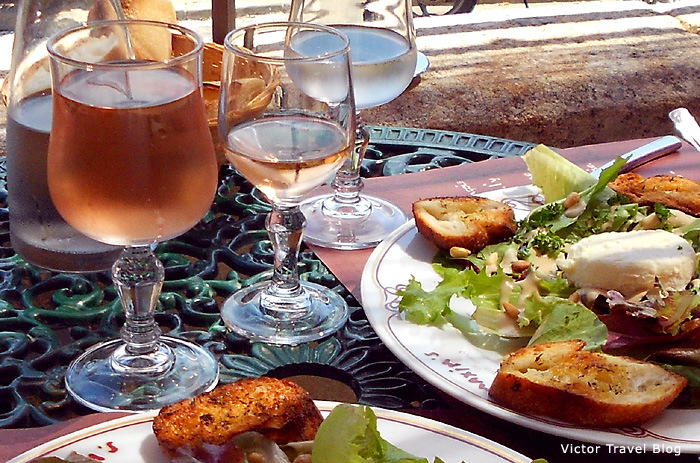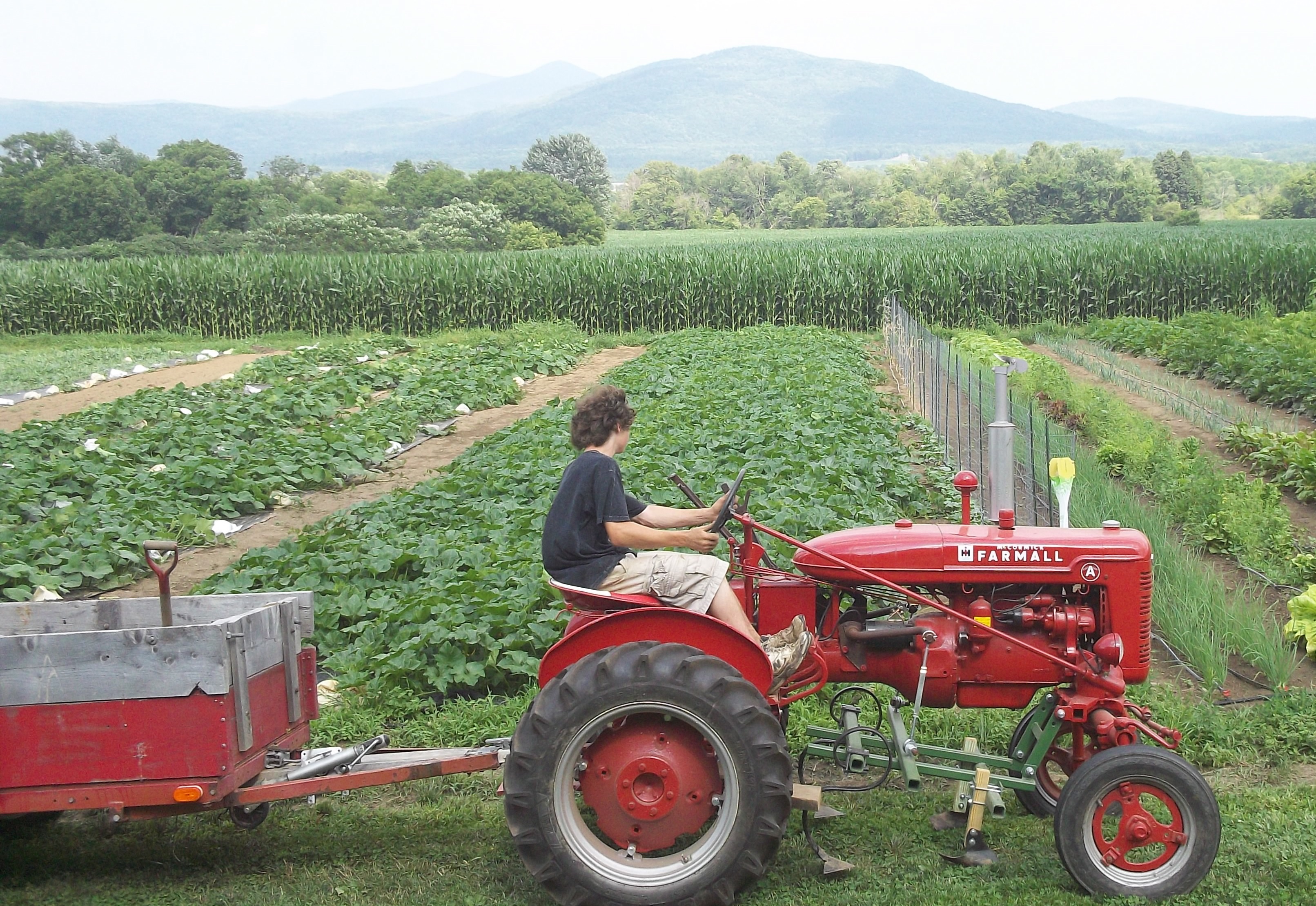Edibles & Potables is a weekly F&D slot on Sunday morning, as intended for news and views outside the range of our customary coverage area. At times they’re near, and at other times far.
Aldo Leopold (1887 – 1948) was the author of A Sand County Almanac, a collection of essays addressing conservation and the environment, published posthumously in 1949 and considered required reading for those of us attending high school in the 1970s.
Considered by many to be the father of wildlife ecology and the United States’ wilderness system, Aldo Leopold was a conservationist, forester, philosopher, educator, writer, and outdoor enthusiast. Among his best known ideas is the “land ethic,” which calls for an ethical, caring relationship between people and nature.
In point of fact, Leopold is timeless. He sets the table for today’s digression with this observation.
“There are two spiritual dangers in not owning a farm. One is the danger of supposing that breakfast comes from the grocery, and the other that heat comes from the furnace.”
Last week I stumbled on an interesting website worthy of further examination, which is a valuable reminder that somewhere, our edibles are being farmed – and it’s not at Kroger.
The Midwest Center for Investigative Reporting is an independent, nonprofit newsroom devoted to educating the public about crucial issues in the Midwest with a special focus on agribusiness and related topics such as government programs, environment and energy.
Started in 2009 by journalist Mike Sherry, the Center provides training and education for students, professional journalists and citizens to better understand agribusiness and its impact locally, regionally and globally. The Center uses both traditional and innovative digital tools and techniques to analyze data about agribusiness and distribute the results.
There’s much to be read at the Midwest Center for Investigative Reporting’s website, and idle browsing is recommended. As an introduction, this essay by Dana Cronin and Christine Herman: ‘Either I Risk It All Or Nothing At All’: Migrant Workers’ Need To Work Outweighs COVID-19 Concerns.
In the U.S., an estimated two to three million farmworkers plant, cultivate and harvest crops each year. Among them are migratory workers, like Gomez, who often leave behind family and friends for months at a time to find work that pays more than what they could earn back home. The long hours and physical demands make the job risky any year, but the coronavirus pandemic has made it even riskier. Outbreaks across the U.S. linked to farms have some worried about the lack of protections for workers, upon whom the nation relies for food.





















